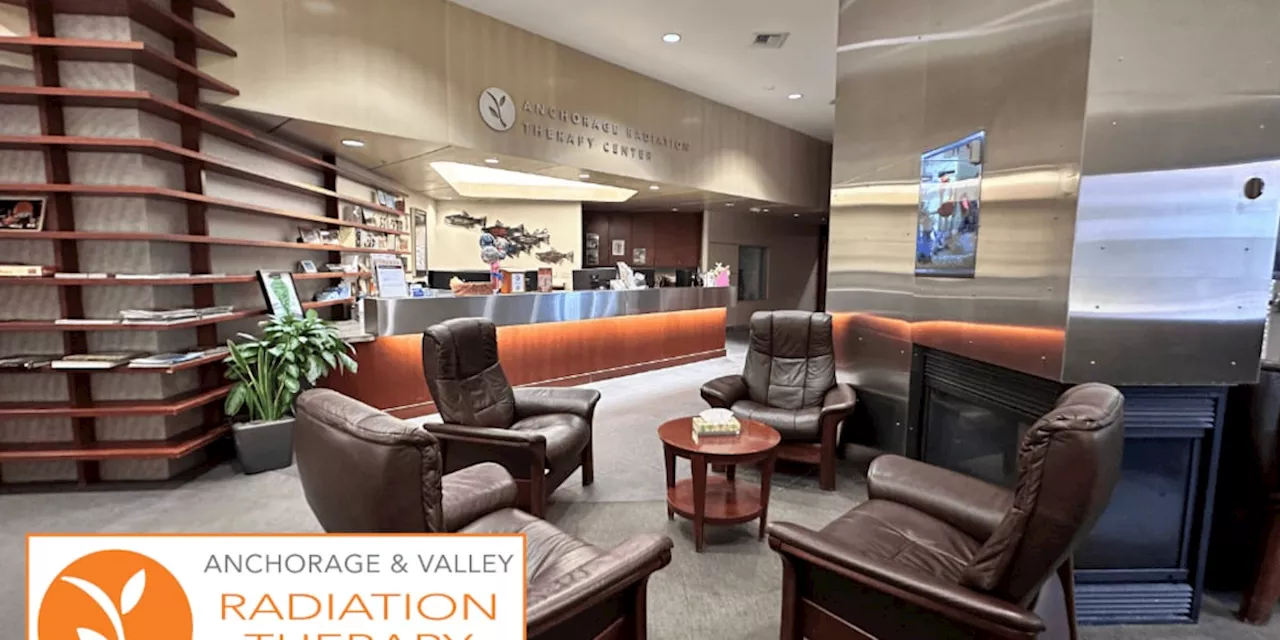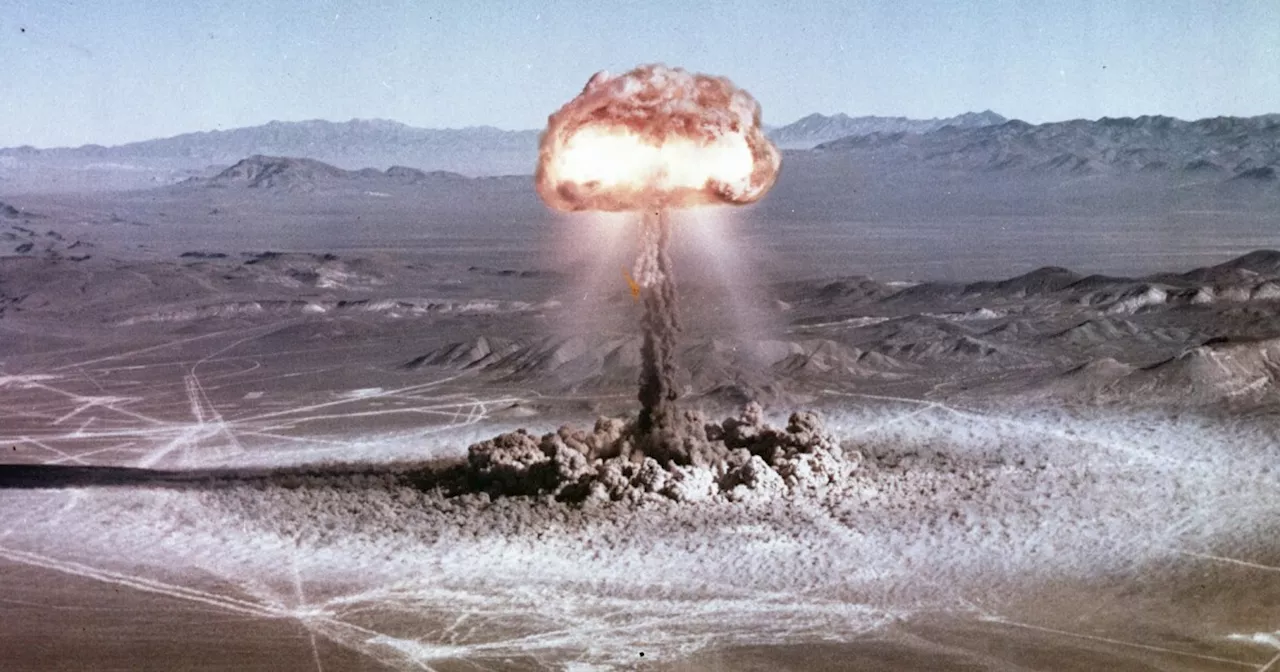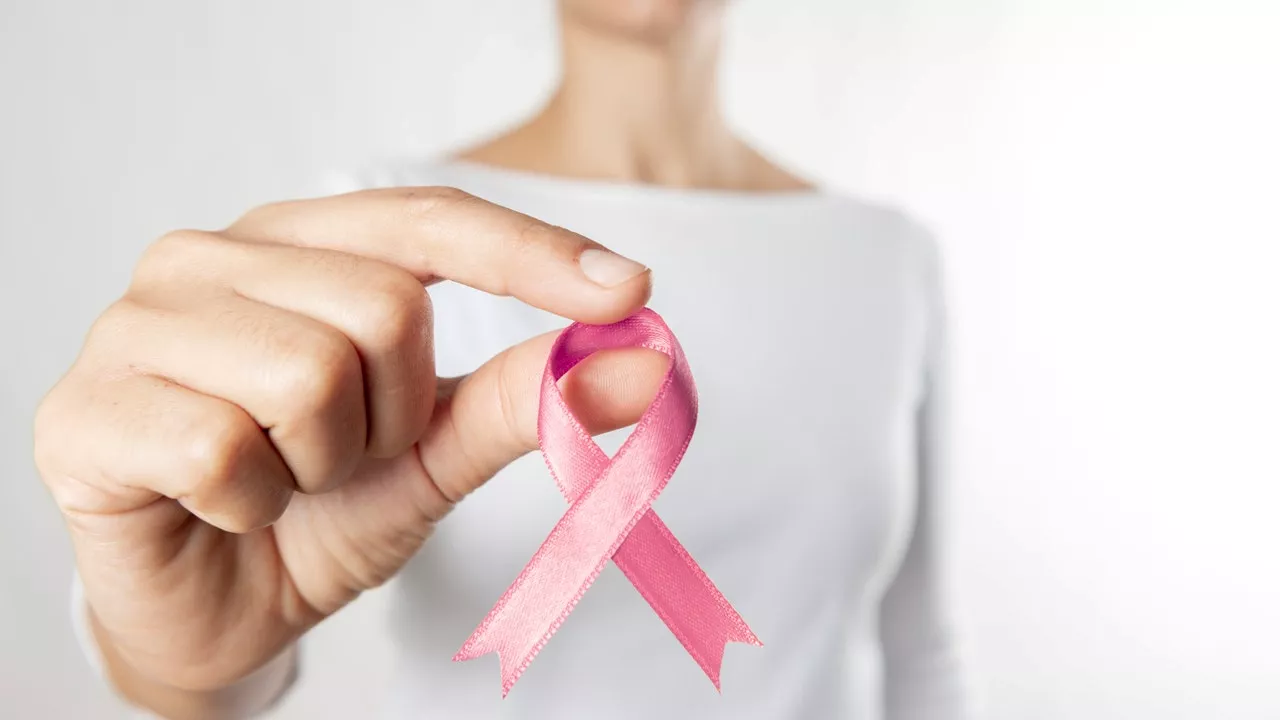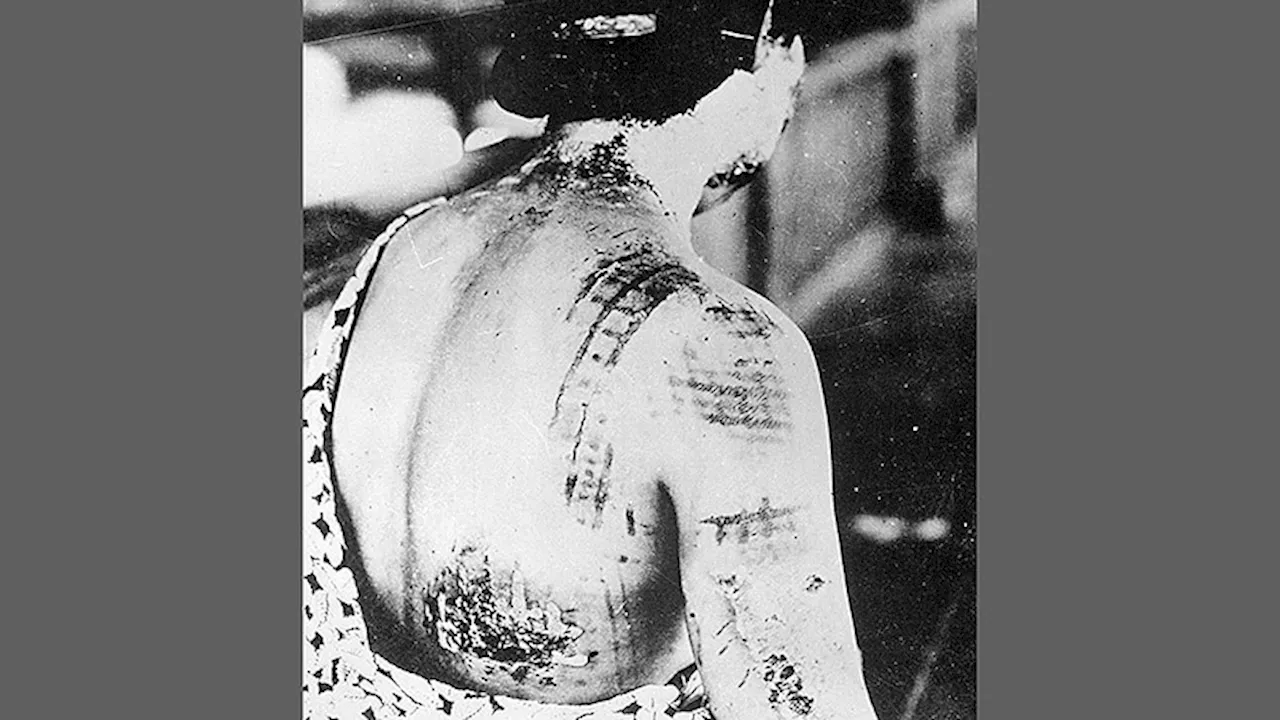But free screenings remain available to those exposed to radiation from nuclear testing.
For more than three decades, the federal government sought to make amends to countless Americans who developed cancer after being exposed to radiation from nuclear testing in the Southwest or while working in the uranium mining industry.
There’s a glimmer of good news. The federal government continues to support free medical screenings for eligible people, including certain downwinders and uranium workers. Meanwhile, there are still important roles for clinicians across the country to play as politicians figure out what — if anything — to do next regarding those exposed to radiation.
Now, nearly eight decades later, scientists are still figuring out the full extent of radioactive fallout from nuclear testing. Just last year, asuggested that radiation from 94 nuclear weapon tests in the Southwest from 1945 to 1962 reached 46 states along with Canada and Mexico.; my mom died of bone cancer.
The compensation program had major limitations, critics said. “It left out a lot of communities that were exposed,” said Lilly Adams, senior outreach coordinator with the, which supports expanding the program. A national nonprofit organization, UCS was founded more than 50 years ago by scientists and students at the Massachusetts Institute of Technology.
Adams rejected these arguments. “The government spends literally trillions of dollars on our nuclear weapons. Whether or not you support that spending, the human cost of building those weapons should be factored in,” she said. She added that she hopes the House will act by the end of the year to pass the bill, but that’s uncertain.A major benefit is still available for downwinders and uranium workers: Free medical screening and referrals for medical treatment.
The screenings cover both cancer and noncancer conditions. Shaw said clinicians often diagnose problems other than the covered cancers — new cases of. “We see a ton of prostate and skin cancer” but don’t make patients eligible for the compensation program because they’re not covered, she said.
Acute Leukaemia Toxicology Toxicity Poisoning Toxins Breast Cancer Malignant Breast Neoplasm Breast Carcinoma Non-Hodgkin's Lymphoma Non-Hodgkin Lymphoma NHL Chronic Myelogenous Leukemia Chronic Myeloid Leukemia Chronic Myelocytic Leukemia Cml Chronic Myelogenous Leukaemia Chronic Myeloid Leukaemia Chronic Myelocytic Leukaemia Cancer Malignant Neoplasia Carcinoma
United States Latest News, United States Headlines
Similar News:You can also read news stories similar to this one that we have collected from other news sources.
 Shorter Course of Breast Cancer Radiation Won't Affect Breast ReconstructionA shorter course of post-mastectomy radiation doesn't jeopardize a patient's chances of successful breast reconstruction, a new study finds.
Shorter Course of Breast Cancer Radiation Won't Affect Breast ReconstructionA shorter course of post-mastectomy radiation doesn't jeopardize a patient's chances of successful breast reconstruction, a new study finds.
Read more »
 Understanding Radiation Therapy for Breast Cancer: Key InsightsBreast cancer is one of the most common cancers among women worldwide, and receiving effective treatment is crucial for improving outcomes and survival.
Understanding Radiation Therapy for Breast Cancer: Key InsightsBreast cancer is one of the most common cancers among women worldwide, and receiving effective treatment is crucial for improving outcomes and survival.
Read more »
 Drug improves effectiveness of radiation for lung cancer that has spread to the brainThe University of Cincinnati's Debanjan Bhattacharya is first author of new research published in Cancers that found the drug AM-101 improves the effectiveness and survival rate of radiation treatment in animal models of lung cancer that has spread to the brain.
Drug improves effectiveness of radiation for lung cancer that has spread to the brainThe University of Cincinnati's Debanjan Bhattacharya is first author of new research published in Cancers that found the drug AM-101 improves the effectiveness and survival rate of radiation treatment in animal models of lung cancer that has spread to the brain.
Read more »
 What Are the Treatments for Cervical Cancer?Radiation, chemotherapy, surgery and targeted therapy: Understand your treatment options for cervical cancer.
What Are the Treatments for Cervical Cancer?Radiation, chemotherapy, surgery and targeted therapy: Understand your treatment options for cervical cancer.
Read more »
 Downwinders and the Radioactive WestMonday, Oct. 21, 2024 at 10 p.m. on KPBS TV Stream now with the PBS app. In the 1950s and '60s, the U.S. government conducted a series of nuclear tests in the Nevada desert. The resulting fallout would kick off a decades-long debate over cancer rates, the costs of patriotism, and the responsibility of a nation to protect its citizens.
Downwinders and the Radioactive WestMonday, Oct. 21, 2024 at 10 p.m. on KPBS TV Stream now with the PBS app. In the 1950s and '60s, the U.S. government conducted a series of nuclear tests in the Nevada desert. The resulting fallout would kick off a decades-long debate over cancer rates, the costs of patriotism, and the responsibility of a nation to protect its citizens.
Read more »
 During Breast Cancer Awareness Month, cancer expert says 'survivor tsunami' is comingDuring Breast Cancer Awareness Month, patients and survivors are speaking out on how the treatment landscape is setting them up to not just survive, but to thrive.
During Breast Cancer Awareness Month, cancer expert says 'survivor tsunami' is comingDuring Breast Cancer Awareness Month, patients and survivors are speaking out on how the treatment landscape is setting them up to not just survive, but to thrive.
Read more »
